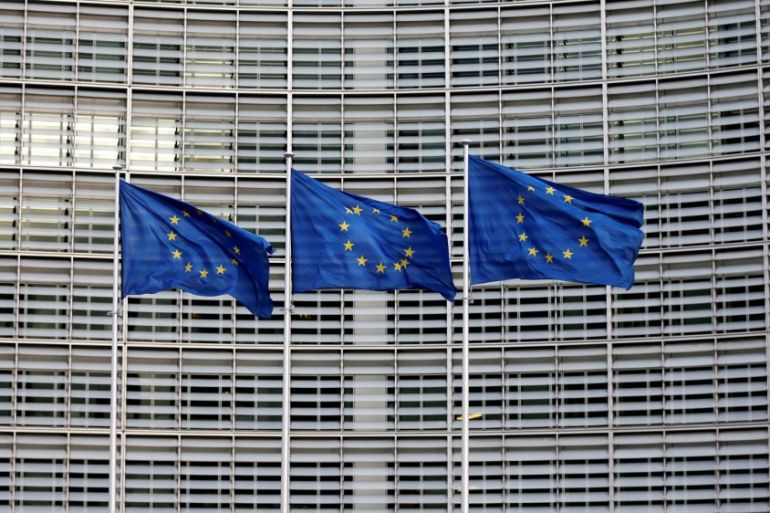EU starts legal action against Luxembourg over tax evasion
New EU anti-money laundering rules were approved in May 2018, but Luxembourg is allegedly not yet fully applying them.

The European Commission has launched legal actions against Luxembourg over laws to prevent money laundering and tax avoidance, it said in a statement.
New European Union rules to step up scrutiny of financial assets controlled by politicians and companies’ owners were approved in May 2018 to clamp down on money laundering, but Luxembourg is among the EU states that are not yet fully applying them, the Commission said on Thursday.
Keep reading
list of 3 itemsUS recovers some 1MDB funds through assets of Emirati businessman
Trump ousts watchdog overseeing trillions in coronavirus funds
In a separate legal action, also launched on Thursday, the EU executive arm urged the Grand Duchy to change a law that allows companies to cut their tax burden beyond what is permitted under EU rules, since it leads to reduced tax revenues in other EU states.
EU legal actions could lead to fines if member states do not apply common legislation.
Luxembourg, a country of 600,000 people, hosts as much foreign direct investment (FDI) as the United States and much more than China, data cited in an International Monetary Fund report last year shows, estimating the FDI in the Grand Duchy is worth $4 trillion, a 10th of the global figure.
A large part of that money is parked in shell companies set up by multinationals, with no real business activities in Luxembourg, IMF research said, adding that favourable tax treatment is one of the main reasons for creating these financial vehicles.
The Commission said Luxembourg’s rules allowed firms “unlimited deductibility of interest” from tax bills, which is not in line with EU rules. A similar legal action was launched on Thursday against the government of Portugal.
On money laundering, Luxembourg is accused of not having adopted new EU rules which became operational this year in the 27-nation bloc. More than half of the EU member states face similar legal challenges.
Luxembourg’s delay in applying a previous revision of money laundering rules approved in 2015 forced the Commission to take a legal case to the EU top court in 2018, the last stage of the EU infringement procedure against states that do not respect common legislation.
After that intervention, Luxembourg adopted new legislation that requires disclosure of the owners of companies and trusts, stronger powers against money laundering and stricter checks on banks, lawyers and accountants.